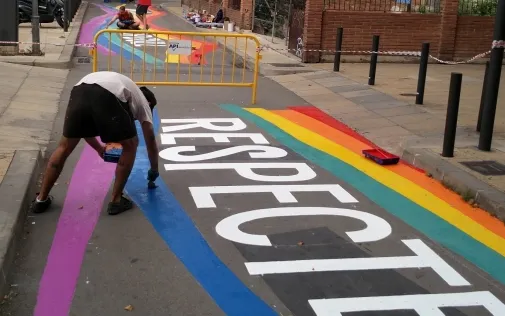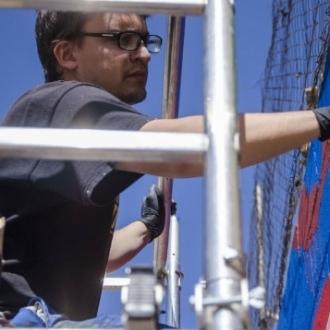
Innovate in the democratization of culture not only as a tool for access to it, but to strengthen capacities and faculties in the citizenry for its production.
The reasoning that has driven urban planning in recent decades has turned out to be wrong and in many cases has generated inequality in access to culture for vulnerable populations and gentrification processes. It is so because this reasoning left aside many critical attitudes of non-integrated communities that sought to generate their own stories and their own actions, apart from the idea of participation in socio-cultural life established by local political agendas.
The reaction to all this has been to relocate and reinvent itself to move towards new spaces, projects and entities that, from their marginality and community spirit, contribute to rethinking the distribution of power. Innovative and value-added cultural practices are developing in these cracks in the system. We are talking about a territorial and social transformation that starts from self-management and usually precarious spaces with great potential for social impact and with the will to study, listen and work with and from social contexts outside the guidelines administration homogenizers.
In this sense, we transform not only the spaces we inhabit but how we inhabit them, how we relate to the environment and the rest of the community, we learn to live together and be sustainable (socially, economically and environmentally) and responsible for our communities . The impact here transcends physical frameworks and enters into dimensions of emotional well-being, health or social cohesion. Transforming our environment from art and creativity, not as recipients but as active agents of change with the ability to analyze, value and directly influence our well-being and that of others. The main tools will be cultural, educational and environmental programs as well as open participation and co-management processes. Actions that advocate, as a whole, for other forms of coexistence in favor of.
Non-profit organizations with a more horizontal and transparent distribution of power and resources lead this way of doing grassroots culture and assume responsibilities and challenges that many administrations do not want or do not know how to face. These initiatives work for citizen empowerment, developing critical processes about the environment where we propose to intervene. The new forms of self-management and co-responsibility make it possible to generate new opportunities, governance and economic models. This is why we understand innovation in terms of citizenship, because of the great capacity they have to penetrate society, promoting recursion and network thinking. This view allows us to innovate in the democratization of culture not only as a tool for accessing it, but to strengthen capacities and faculties in the citizenry for their production. The collective possibility of generating proposals that transform society from culture and art.



Add new comment